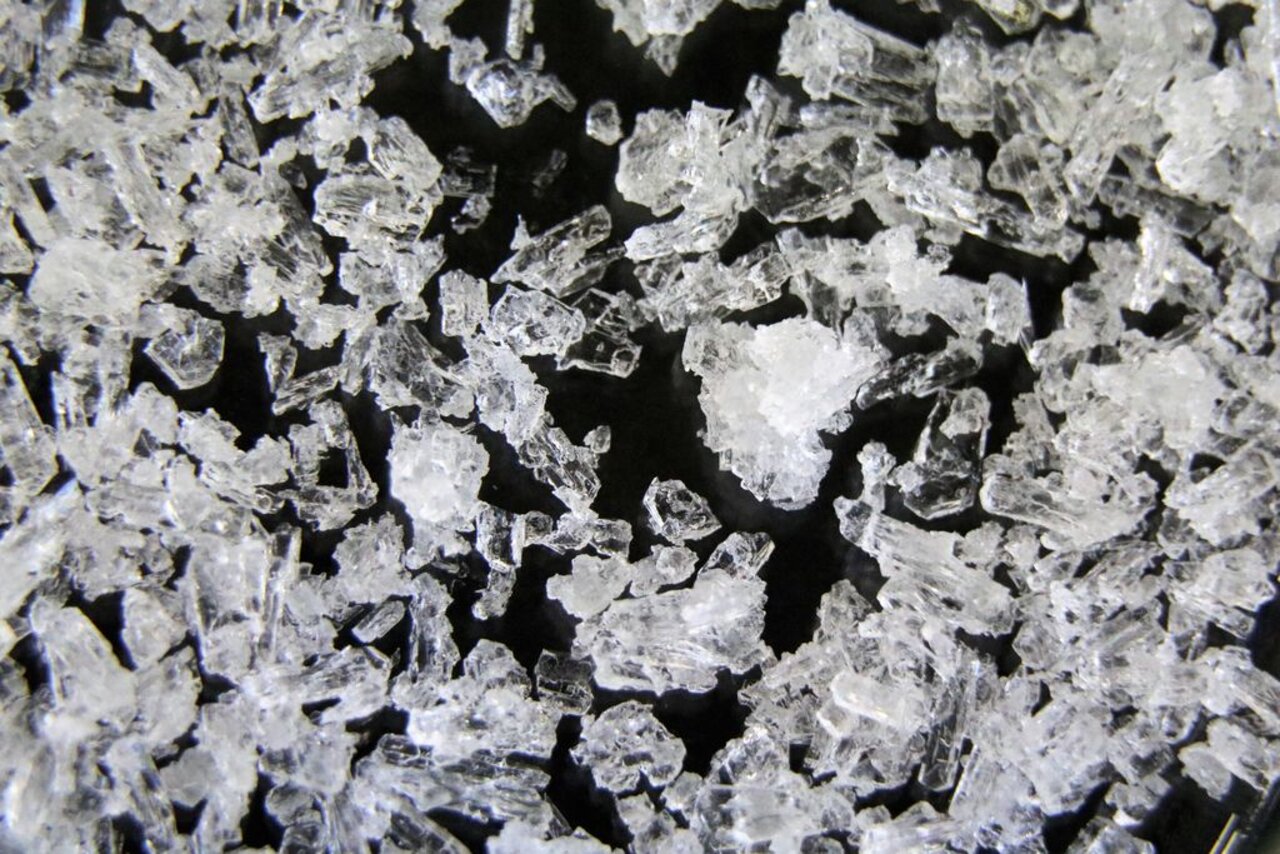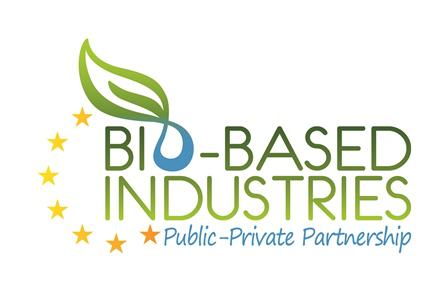Project
Bio-based glycolic acid for food packaging

Full recyclable food package with enhanced gas barrier properties and new functionalities by the use of high performance coatings
Polyglycolic acid is an innovative plastic with outstanding performance for food packaging. We want to synthesise glycolic acid the key compound of polyglycolic acid from renewable resources.
Background and Objective
Currently 1.8 million tons barrier foils were produced which are commonly used for food packaging. To keep the freshness of the packaged groceries barrier foils mostly made of different layers of plastics and metals are used. Such common foils are hard to produce and difficult to recycle.
An alternative and innovative plastic with great barrier performance is polyglycolic acid. Its major compound glycolic acid is made from ethylene glycol. If ethylene glycol is produced from renewable resources the final product polyglycolic acid is a fully bio-based plastic which is also biodegradable.
Thünen Institute of Agricultural Technology’s task in an EU funded project is to develop the oxidation of bio-based ethylene glycol and to isolate its product glycolic acid. The Thünen Institute can draw on wide experience in oxidation of other bio based materials like glucose, surfactants and hydroxymethylfurfural (HMF). The obtained pure bio-based glycolic acid will be given to project partners for polymerization and further processing to food packages.
Approach
First step is the catalysed oxidation of ethylene glycol with oxygen to glycolic acid in water with a gold based catalyst. In the next step a feasible method has to be developed to isolate and purify the glycolic acid to meet the requirements for its polymerization.
Results
We established an efficient, stable, robust and reproducible chemocatalytic production process for glycolic acid from monoethylene glycol at industrial relevant reaction conditions using a low loaded gold-platinum catalyst (0.1 wt% AuPt(9:1)-CeO2). After optimization of catalyst preparation procedure, catalyst composition and reaction conditions like temperature, pH and initial monoethylene glycol concentration glycolic acid could be produced in high yields (≥80%) with good selectivity (≥90%). After isolation of the produced glycolic acid the unreacted monoethylene glycol is recycled in a subsequent batch which increases the overall yield to > 90 %. The optimized catalyst showed good long-term stability at the standard reaction conditions. The use of bio-based monoethylene glycol for the oxidation showed the same results as the oxidation of petrol-based monoethylene glycol.
Further on, a suitable isolation and purification protocol of glycolic acid with the use of techniques like precipitation, ion exchange and electrodialysis was established. The combination of electrodialysis and ion-exchange has proved to be an efficient and selective purification method. Sodium and oxalic acid, which disturb the polymerization to glycolic acid, are removed from the glycolic acid solution. The isolation process enables the conversion of unreacted monoethylene glycol in the subsequent batch thereby increasing the overall yield monoethylene glycol à glycolic acid to > 90 %.
The final product solution is a 70 % aqueous glycolic acid solution with a purity high enough to be used in the subsequent polymerization process without further purification steps. Compared to other processes for the production of glycolic acid our optimized chemocatalytic oxidation of MEG can successfully compete.
Thünen-Contact

Prof Dr. rer. nat. habil. Ulf Prüße
Involved external Thünen-Partners
-
AIMPLAS
(Valencia, Spanien) -
aina
(Madrid, Spanien) -
Biopolis SA
(Valencia, Spanien) -
Carton Bros Manor Farm
(Clonee, Irland) - Agencia Estatal Consejo Superior de Investigaciones Científicas (CSIC)
(Madrid, Cordoba, Spanien) -
DASCA
(Valencia, Spanien) -
eufic
(Brüssel, Belgien) -
Fraunhofer-ICT
(Pfinztal, Deutschland) -
Grupo Apex
(Léon, Spanien) -
iris
(Madrid, Spanien) -
mi-plast
(Rijeka, Kroatien)
Funding Body
-
Bio-based Industries
(international, öffentlich)
Duration
6.2017 - 9.2020
More Information
Project funding number: Grant Agreement 745791
Project status:
finished
Funding Body:

„This project has received funding from the Bio-Based Industries Joint Undertaking under the European Union’s Horizon 2020 Research and Innovation programme under grant agreement 745791.“
Publications on the project
- 0
Tschirner S, Weingart E, Teevs LN, Prüße U (2022) Oxidation of monoethylene glycol to glycolic acid with gold-based catalyst and glycolic acid isolation by electrodialysis. Reactions 3(1):47-58, DOI:10.3390/reactions3010004

![[Translate to English:] [Translate to English:]](/media/_processed_/3/6/csm_Hintergrund-Ausschnitt1_9daaef6b89.jpeg)
![[Translate to English:] [Translate to English:]](/media/_processed_/3/6/csm_Hintergrund-Ausschnitt1_0bd7111163.jpeg)






